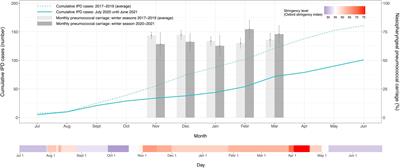EDITORIAL
Published on 13 Sep 2022
Editorial: Transmission, colonization, and molecular pathogenesis of pneumococcus
doi 10.3389/fcimb.2022.1028047
- 1,832 views
- 3 citations
18k
Total downloads
78k
Total views and downloads
EDITORIAL
Published on 13 Sep 2022
ORIGINAL RESEARCH
Published on 01 Jul 2022
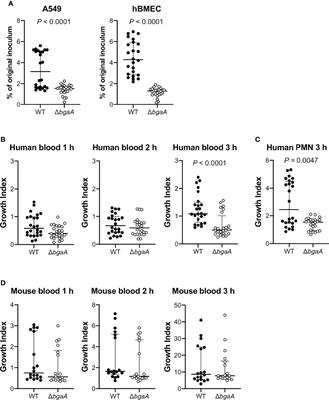
ORIGINAL RESEARCH
Published on 20 Jun 2022
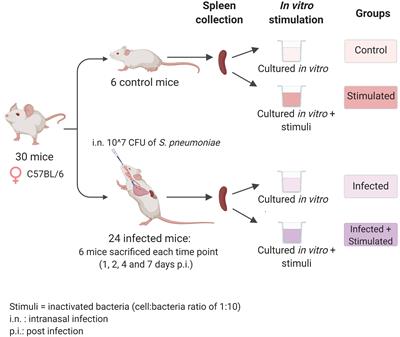
ORIGINAL RESEARCH
Published on 10 Jun 2022
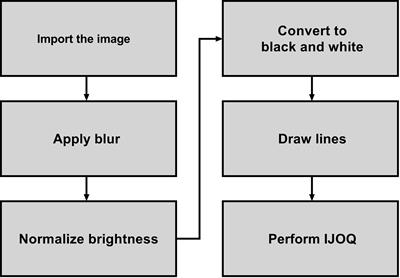
REVIEW
Published on 12 May 2022
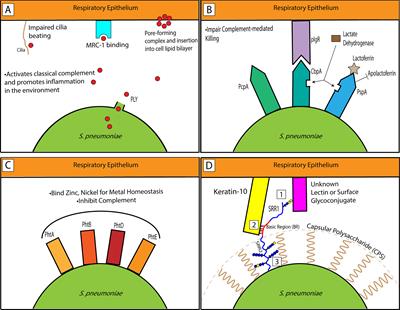
ORIGINAL RESEARCH
Published on 09 May 2022
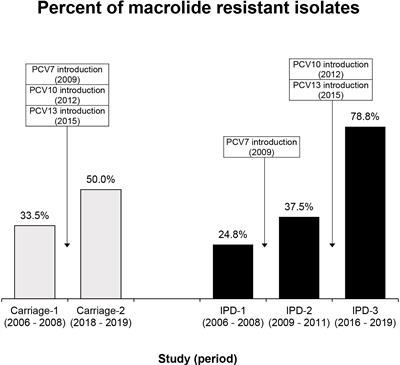
ORIGINAL RESEARCH
Published on 31 Mar 2022

ORIGINAL RESEARCH
Published on 22 Mar 2022
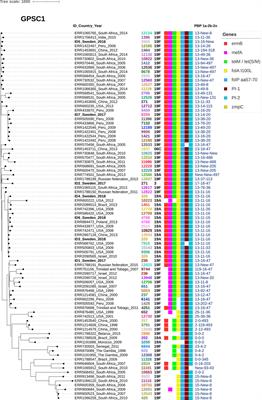
ORIGINAL RESEARCH
Published on 24 Feb 2022
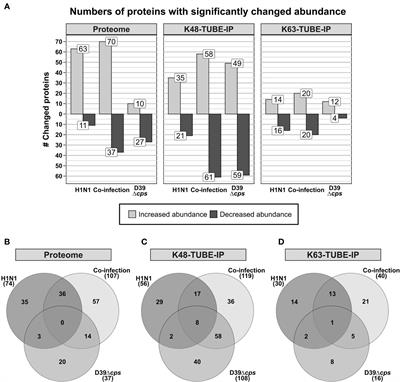
REVIEW
Published on 02 Feb 2022
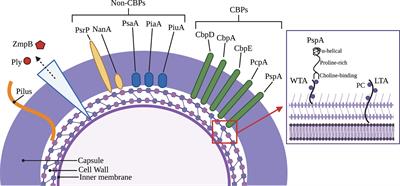
MINI REVIEW
Published on 28 Jan 2022
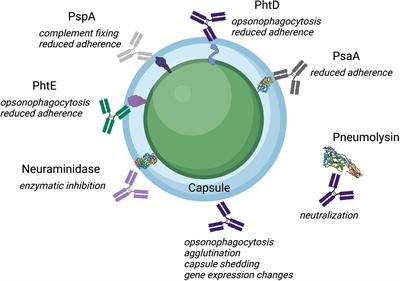
PERSPECTIVE
Published on 17 Jan 2022
